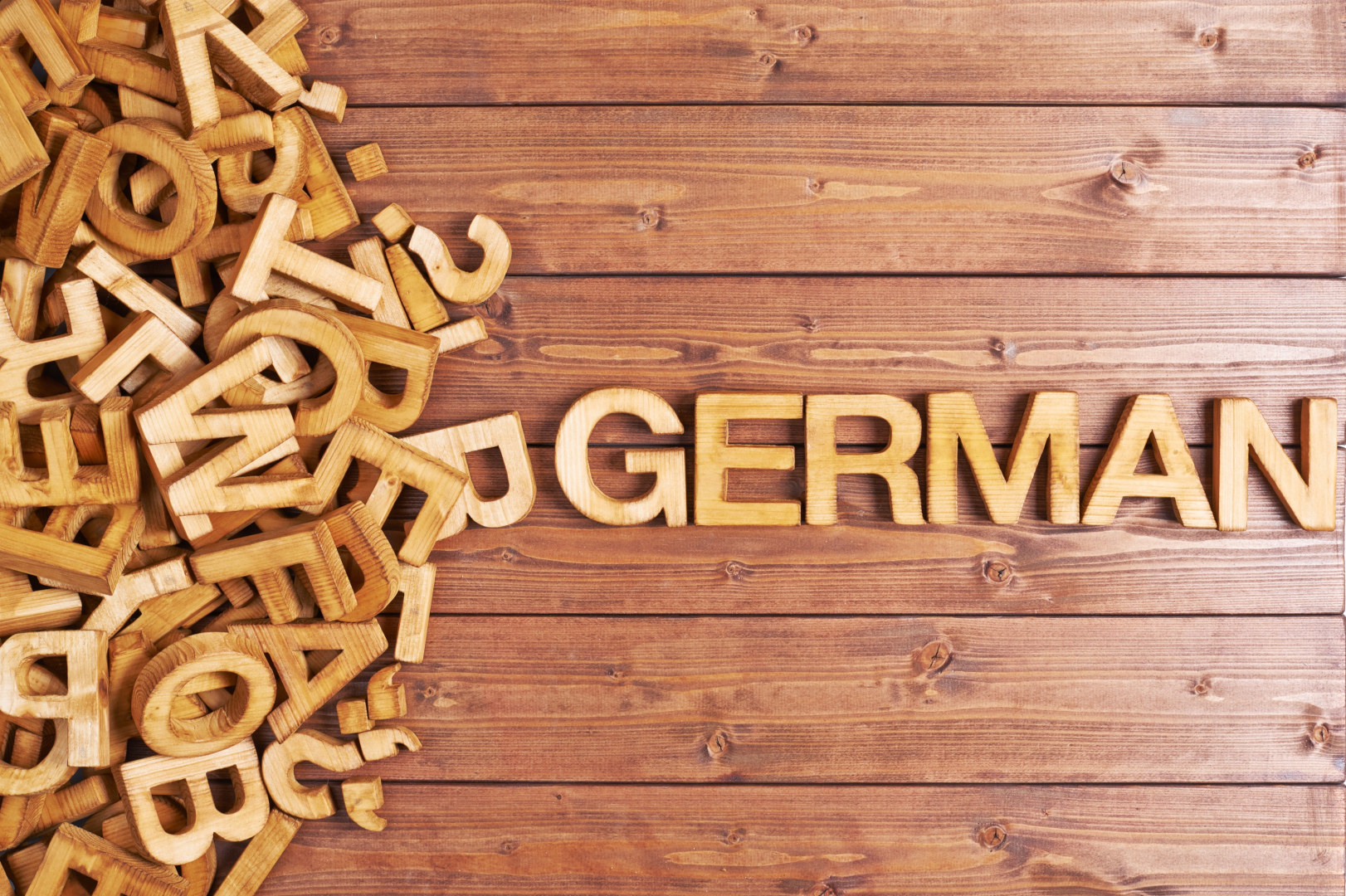The delights of the German, French and Italian vocabulary On some rather interesting terms

In this column, author Adam Jacot de Boinod explores the weird and wonderful world of German, French and Italian vocabulary, and discovers some rather interesting terms. Let us take a look at what he has found.
In English, we can be green with envy, see red, or feel a bit blue and colours also have a strong symbolic force in German idioms:
Nachts sind alle Katzen grau: it makes no difference (under certain circumstances) (literally, at night, all cats are grey)
sich eine goldene Nase verdienen: to make a fortune (literally, to earn yourself a golden nose)
bekannt wie ein kunterbunter Hund: well-known (literally, known like a colourful dog)
sich grün und blau ärgern: to be really mad (literally, to become green and blue from anger)
jemanden grün und blau schlagen: to beat someone up violently (literally, to beat someone green and blue)
auf der roten Liste stehen: to be endangered (literally, to stand on the red list)
Heute rot, morgen tot: here today, gone tomorrow (literally, today red, tomorrow dead)
Lieber tot als rot: an anti-communist slogan (literally, better dead than red)
French is highly imaginative in her adoption of phrases from their literal definition to be given a whole new metaphorical sense:
avoir les atomes crochus: to really hit it off (literally, to have hooked atoms)
un mouton enrage: an angry person who is usually calm (literally, a maddened sheep)
faire des pattes d’araignée: to touch lightly with the fingertips (literally, to make spider feet)
voir la feuille a l’envers: to have sex under a tree (literally, to see the leaf from underneath)
avoir un oeil qui joue au billard et l’autre qui compte les points: someone who is cross-eyed (literally, to have one eye that’s playing billiards while the other is off counting the points)
recevoir son morceau de sucre: to be applauded the moment one first appears on stage (literally, to receive one’s piece of sugar)
Those who learn other languages than their own will sometimes come across words that mean very different things from what they do in ours. Here are some Italian ‘false friends’ that may raise an English eyebrow:
monaco: a monk
ape: a bee
rumore: a noise
alone: a halo
morbido: soft, tender
spider: a convertible car
estate: summer
male: bad, wicked
Adam Jacot de Boinod worked on the first series of the BBC panel game QI for Stephen Fry. He is a British author having written three books about unusual words with Penguin Press.
TEXT BY ADAM JACOT DE BOINOD
Disclaimer: The views and opinions expressed in this column are those of the author and do not necessarily reflect the official policy or position of Discover Germany Magazine.’
Subscribe to Our Newsletter
Receive our monthly newsletter by email




